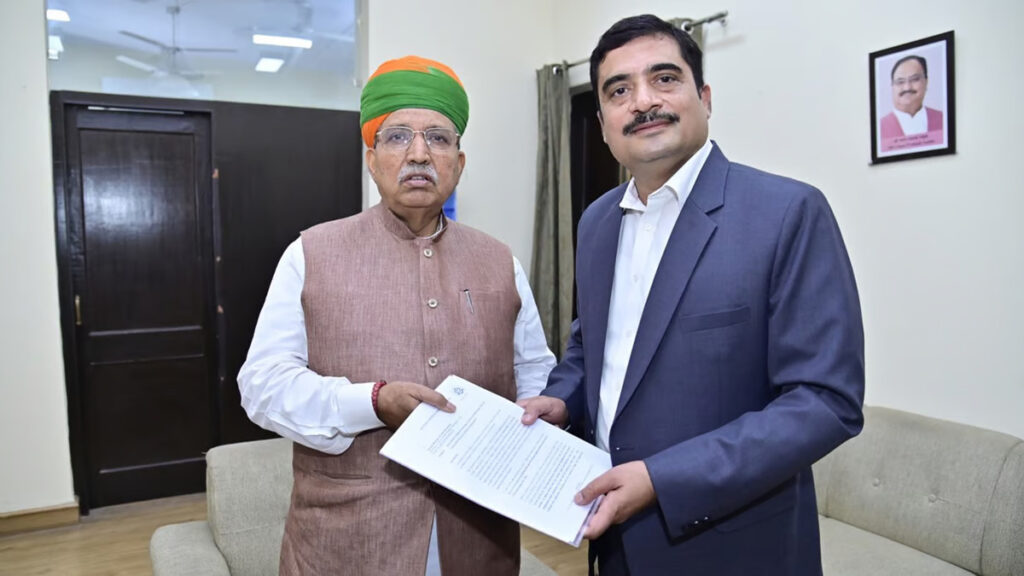Priyanshu
In a significant move for the in-house counsel community in India, the General Counsels’ Association of India (GCAI) has formally requested the Law Ministry to grant statutory recognition to General Counsel and in-house lawyers. This landmark move aims to formally acknowledge the role and expertise of these legal professionals within the Indian legal framework.
The GCAI’s Stance
The GCAI, representing a substantial body of over 50,000 General Counsels practicing in India, has been advocating for the recognition of these professionals as integral to the legal landscape. The association argues that general counsels, despite their extensive involvement in legal matters such as regulatory compliance, adjudication, arbitration, and litigation, are not currently recognized as “advocates” under Indian law. This lack of recognition means they are not subject to the same professional code of conduct or regulatory oversight as traditional advocates.
Key Arguments for Recognition
The GCAI’s request for statutory recognition is underpinned by several key arguments:
- Expertise and Experience: General Counsel possess a deep understanding of Indian laws and regulations, often specializing in specific industries or sectors. Their expertise is crucial for businesses navigating complex legal environments.
- Contribution to the Economy: In-house legal teams play a pivotal role in ensuring the legal compliance and risk management of corporations, contributing significantly to the growth and stability of the Indian economy.
- Alignment with Global Trends: Many countries recognize the role of in-house counsel and have established frameworks for their regulation and professional development. Recognizing General Counsel in India would align the country with international best practices.
- Enhancing Legal Services: Formal recognition would not only elevate the status of General Counsel but also enhance the overall quality of legal services available to businesses and society.
Proposed Amendments
To achieve statutory recognition, the GCAI has proposed amendments to existing Indian laws, including the Advocates Act of 1961 and the Bar Council of India Rules of 1975. These amendments would create a framework for regulating and recognizing the practice of law by General Counsel, ensuring they adhere to professional standards and ethical guidelines.
Government’s Response
The Law Ministry, under the leadership of Arjun Ram Meghwal, has received the GCAI’s representation and has expressed its willingness to consider the request. The Ministry acknowledges the valuable contributions of in-house counsel to the Indian economy and is committed to fostering a legal environment that supports both traditional advocates and in-house legal professionals.
Implications and Future Outlook
The GCAI’s initiative has garnered significant attention from the legal community and the corporate sector. If successful, it could lead to a transformative shift in how in-house legal teams are perceived and regulated in India. This recognition would not only empower General Counsel but also strengthen the legal infrastructure of businesses across the country.
The GCAI’s efforts are ongoing, and the association is actively engaging with stakeholders to build consensus and support for its proposal. The outcome of this initiative will undoubtedly shape the future of the in-house legal profession in India.

